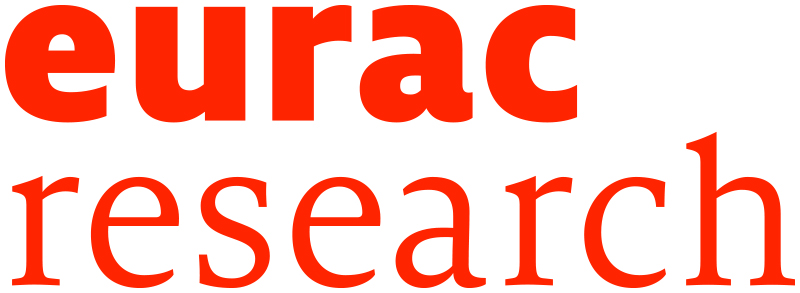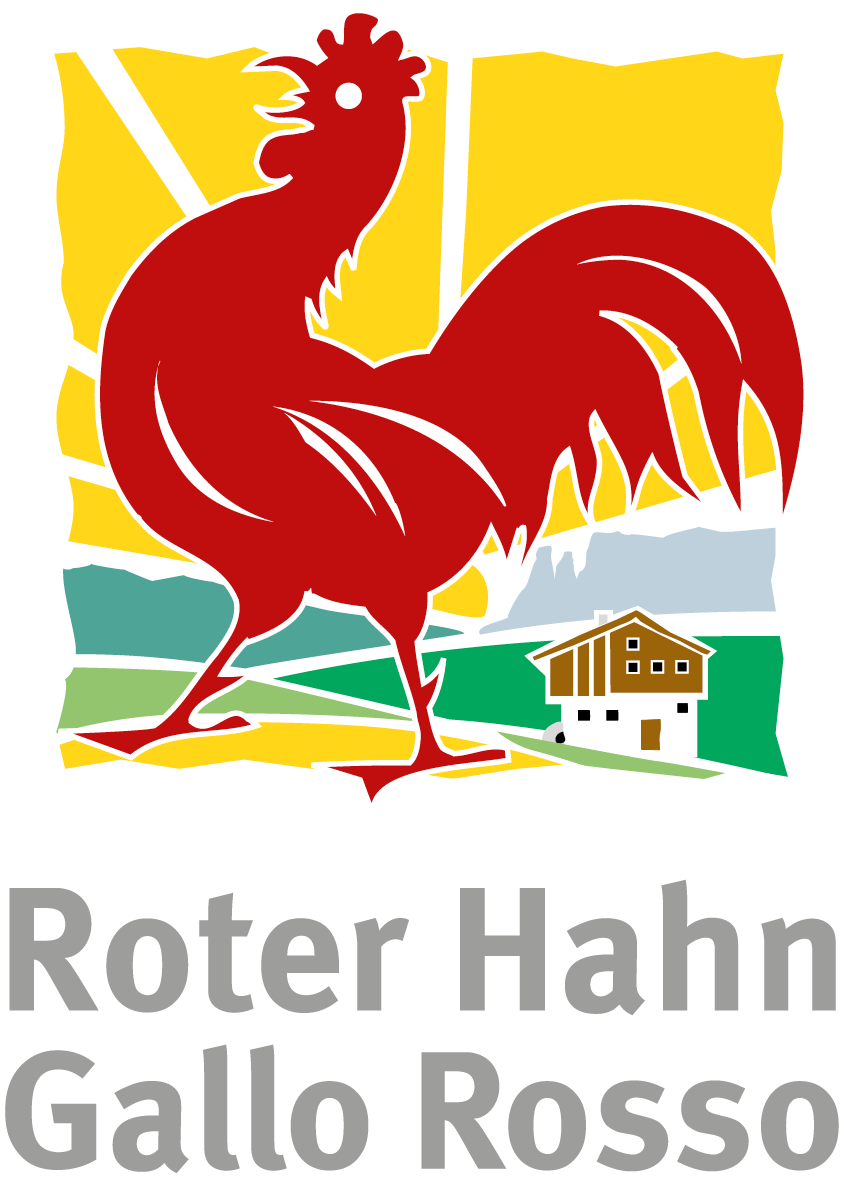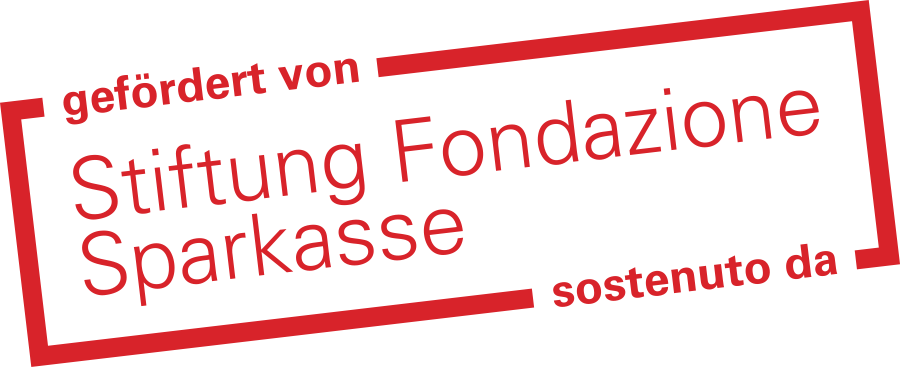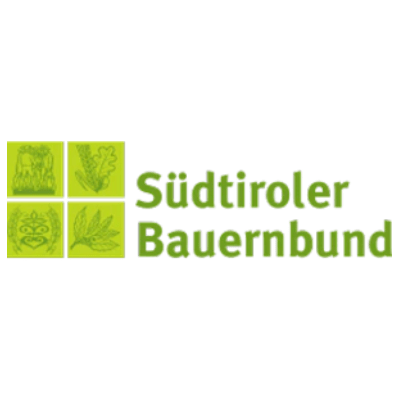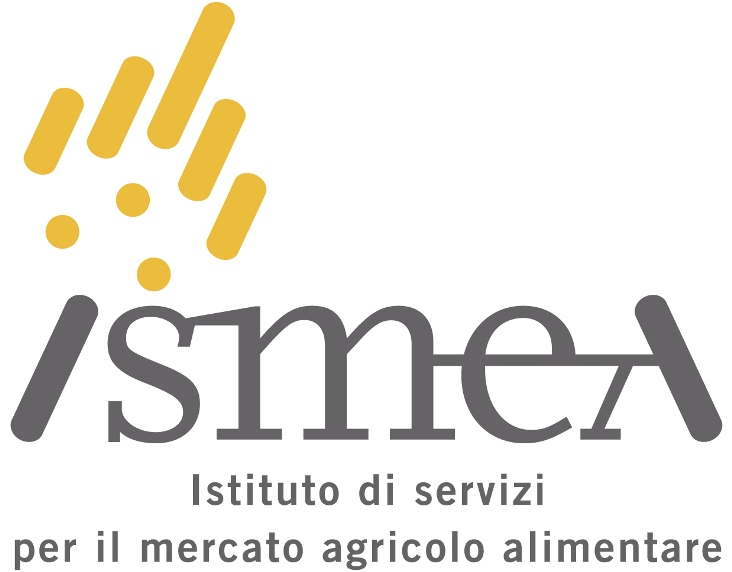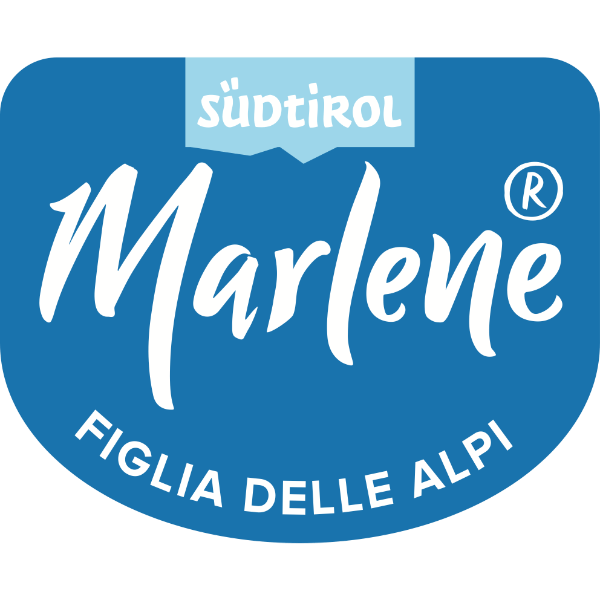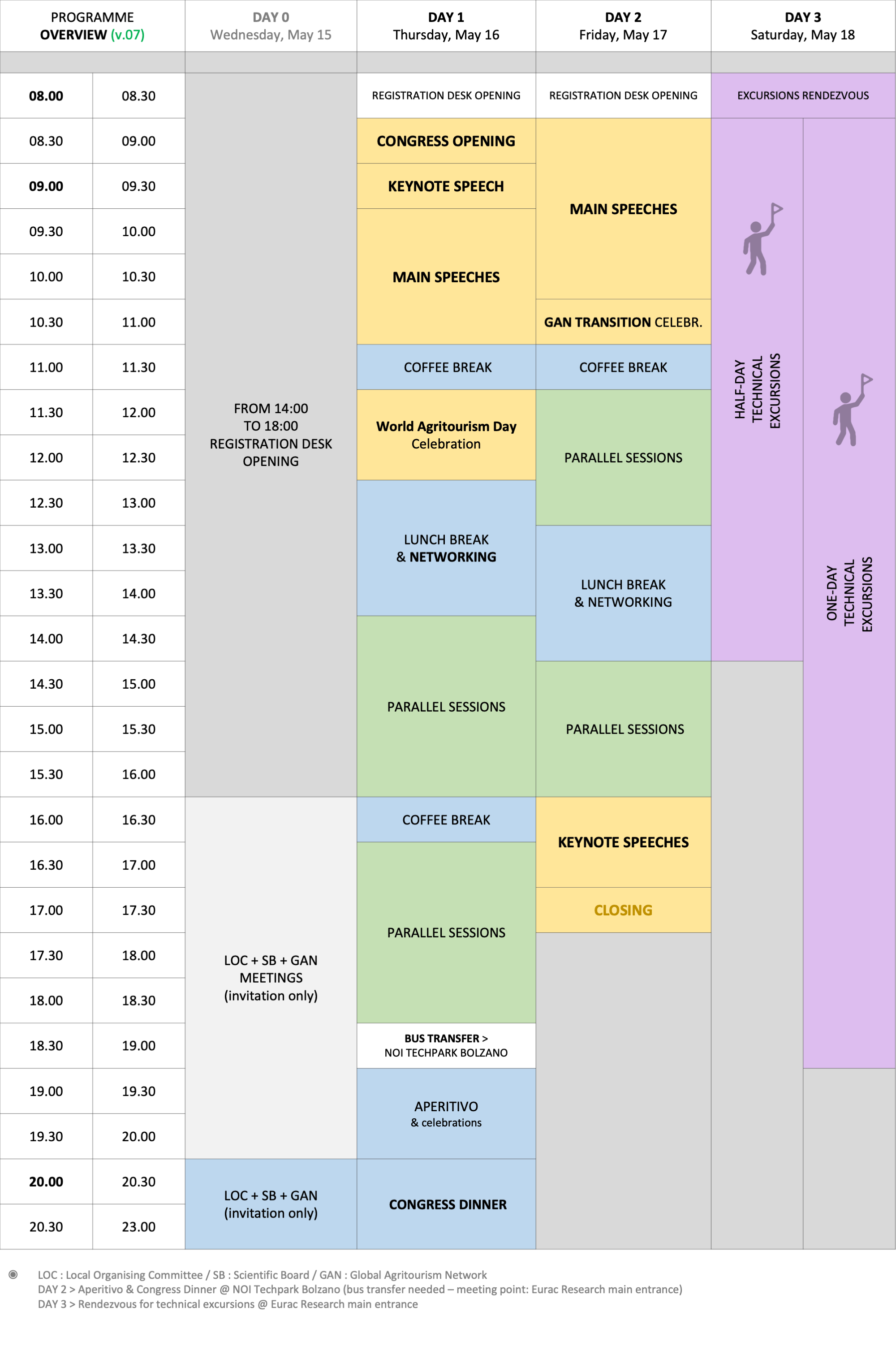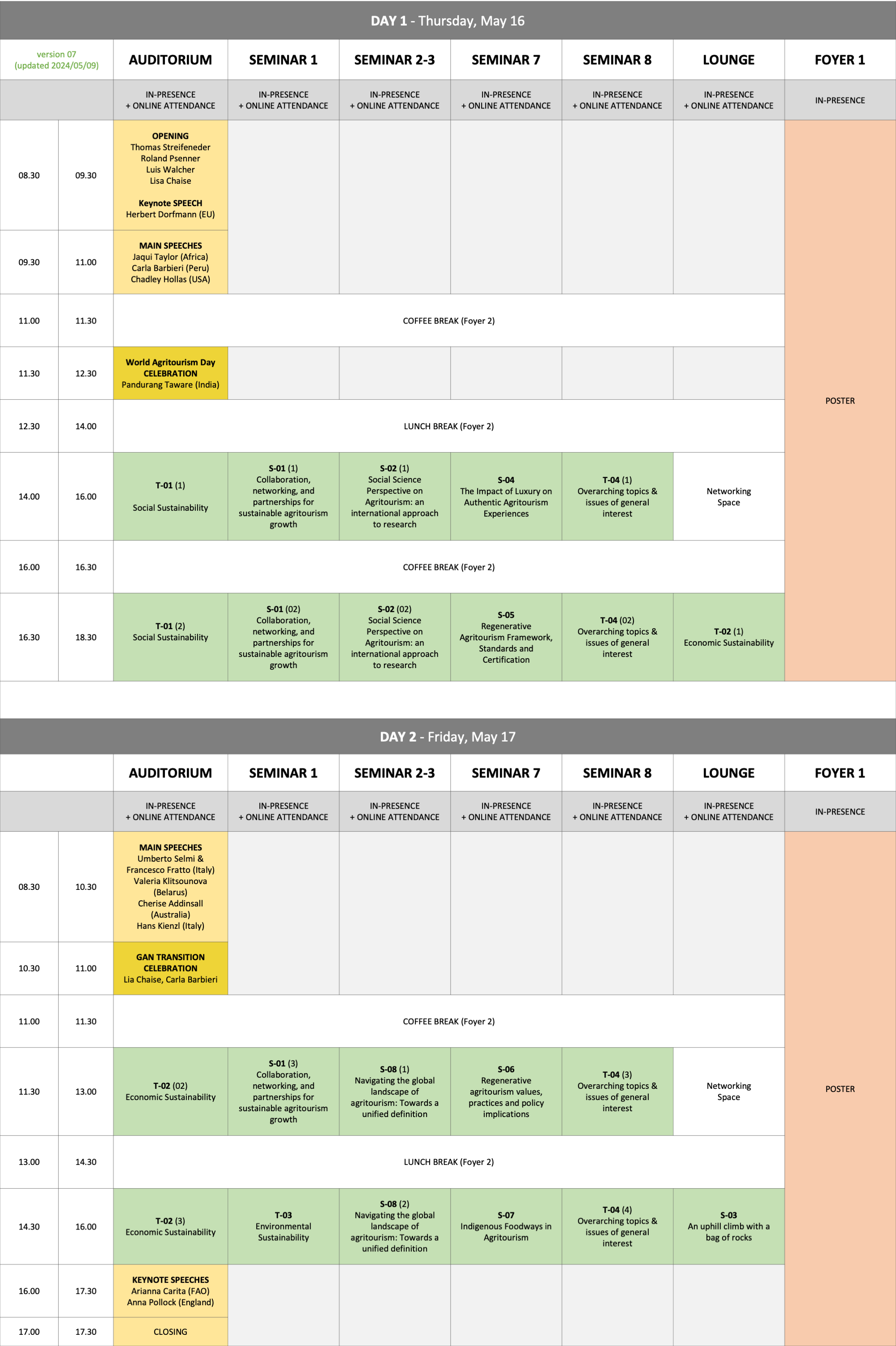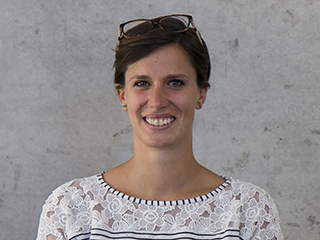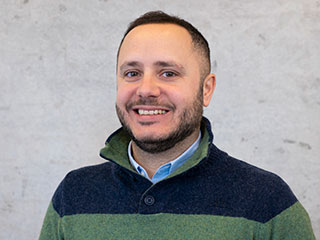2024 – 2nd World Congress
WAC2024
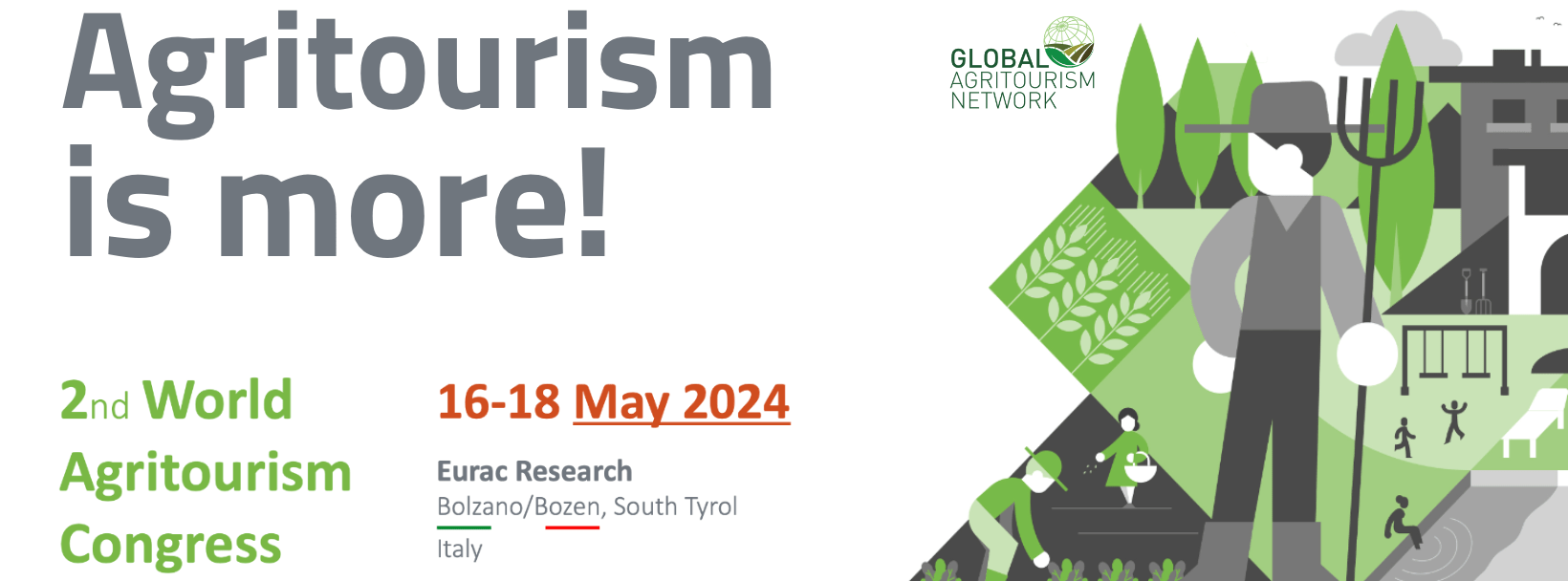
For the second time, the World Congress on Agritourism acts as an international platform for scientists, practitioners, associations, stakeholders, businesses, and other actors. The aim is to discuss the state-of-the-art, challenges, opportunities, and limitations of agritourism as well as future development perspectives of this kind of tourism in rural areas worldwide. The overarching question is: What do we have to do to make agritourism a successful and sustainable type of tourism in rural areas. The 2024 edition is specifically dedicated to the agritourism´s contribution to sustainable development and/or challenges linked to its achievement on and off the farm. Agritourism represents a significant organisational and operational change of the farm´s management, economy and living environment. Which practices enable a sustainable management? How to keep a reasonable interactive balance between touristic and agricultural activities? What about new approaches such as regenerative agritourism? The congress wants to explore the social, economic, and environmental transformations for the farm and its environment when offering agritourism. We also assume that Agritourism is more than experiencing agricultural products, farm life and overnight stays in farm buildings. It represents a unique cultural and interactive experience, an asset for keeping rural areas vital and maintain agricultural practices and small structured cultural landscapes. But does this represent the reality? What works, what rather doesn’t? With whom do agritourism establishments cooperate? Are they well integrated in community life? Who are the target groups, and do they change? We look behind the scenes and discuss different perspectives that go beyond farm gates.
Key sub-themes
Agritourism poses great challenges for the host family. Family and daily obligations have to be reconciled with those for agriculture and the guests to be looked after. Furthermore, contacts in the communities, to neighbouring farms and beyond must be maintained. All this requires great communicative, training/ educative, and interactive skills to run an agritourism business in a socially sustainable way.
Keywords & suggested topics: (a) organising family life and agritourism; (b) the role of women and family labour in agritourism management; (c) cooperation / exchange with local community; (d) good and innovative practices interaction host / guests.
In many cases, agritourism is a lucrative additional income opportunity directly on the farm. To ensure that agricultural activity is not reduced in favour of tourism, a complementary balance must be created between the two sectors. Against the background of volatile agricultural incomes, tourism-infrastructural investments for a competitive offer have to be carried out according to considerations of resilient, sustainable development, whereby investments in a sustainable energy supply are becoming increasingly important.
Keywords & suggested topics: (a) complementarity between farming and touristic activities; tipping point between agritourism or hotel stay (facilities, external staff/absence of the farm family, missing of farm’s own products) (b) sustainable and resilient investments, e.g., renewable energy; (c) impact and role of appealing and sustainable services/offers (e.g. role of offering breakfast, soft factors such as empathy).
New, promising developments such as regenerative agritourism, agritourism on an ecologically managed or energy self-sufficient farm and farms with health and therapy offers, among others, can be observed. What are the characteristics of these offers, what are their success factors and target groups, but also challenges?
Keywords & suggested topics: (a) sustainable practices (various): e.g., pick-up services/reaching the farm; (b) regenerative agritourism; (c) organic agritourism; (d) renewable energies; (e) culinary and food production for on-farm catering; (f) health practices/therapies; (g) environmentally friendly solutions for wellness and spa offers.
In many countries agritourism is a fast-growing sector. In others it represents a relatively new type of tourism in rural areas that lacks legal provisions and standards. A definition on international level does not exist; too different are the diverging conditions on local, regional, and national level. However, we may define some common values which are strongly linked to farming and an authentic interaction between guest and host agritourism stands for. To better promote and valorise these features we may need more appealing narratives and storytelling as well as well-functioning supportive structures such as the Global Agritourism Network (GAN).
Keywords & suggested topics: (a) definitions, value, standards; (b) (innovative) legal provisions/legislations, regulatory instruments, and regulations to promote agritourism (examples of success and failure); (c) subsidies and public support/investment schemes; (d) supporting, advertising and marketing agritourism: narratives to promote agriculture and agritourism; highlighting sustainable features of the farm; (d) forms of (e) organisation (advantages and disadvantages); (f) education and training; (g) target groups; appropriate and fair pricing; role of the farm’s own products and other offers; role of the quality of the rooms furnishings; factors to win guests to become regulars; power and relevance of brands. (h) training, extension services; (i) agritourism development: International overview and comparisons; (j) land use planning, food handling and insurance issues; (k) awareness raising amongst policymakers and stakeholders; (l) the Global Agritourism Network (GAN): Inputs to successfully steer a global net of stakeholders.
The poster & infographic session will be dedicated to the current situation (data and facts) in single countries or world regions and continents: what is the state of the art (e.g. key stakeholders, associations, public support)? What data (e.g. number of businesses) is there regarding agritourism in your country? What are the main challenges/problems (as precise as possible)? What laws/legislation or guiding legal frameworks do exist? The aim is to have a very brief overview of the agritourism sector in the world.
An award will be given to the three best posters judged during the conference by the Advisory Board of the Congress. Priority is given to creative and innovative approaches which focus more on visual, graphic, and illustrative features, and on data. Please avoid or limit text boxes and long descriptions.
Detailed Programme
now online!
Registration is closed.
OPEN only for local operators/students

For all Plenary Sessions, interpretation from English to German and to Italian will be provided.
Für alle Plenarsitzungen wird eine Verdolmetschung vom Englischen ins Deutsche und Italienische angeboten.
Per tutte le sessioni plenarie sarà disponibile l´interpretariato dall´inglese al Tedesco e Italiano.
October 11th, 2023 Call for special sessions opens
November 16th, 2023 Deadline for special session proposal submission
December 7th, 2023 Communication of special session acceptance
December 21st, 2023 Call for presentations & posters opens, abstract submission begins
January 29th, 2024 Deadline for abstract submission
February, 5th, 2024 Communication of proposals acceptance
February, 19th, 2024 Online Registration opens, Draft programme online
May, 6th, 2024 Deadline registrations for IN-PRESENCE attendance
EXTENDED
May, 12th, 2024 Deadline registrations for ONLINE attendance
EXTENDED
EXTENDED
EXTENDED
Scientific Board
| Members | Institution | Country |
|---|---|---|
| Andrea Omizzolo | Eurac Research | Italy |
| Anna Silbernagl | Eurac Research | Italy |
| Carla Barbieri | North Carolina State University | USA |
| Caroline Millar | Scottish Agritourism | Scotland |
| Chadley Hollas | University of Georgia and Cultivating Tourism | USA |
| Erica Quendler | Federal Institute of Agricultural Economics | Austria |
| Christian Fischer | Free University of Bolzano | Italy |
| Hans J. Kienzl | Roter Hahn | Italy |
| Lisa Chase | UVM Extension | USA |
| Matthias Gauly | Free University of Bolzano | Italy |
| Pandurang Taware | Agritourism India | India |
| Shpresim Domi | Agricultural University of Tirana | Albania |
| Thomas Streifeneder | Eurac Research | Italy |
